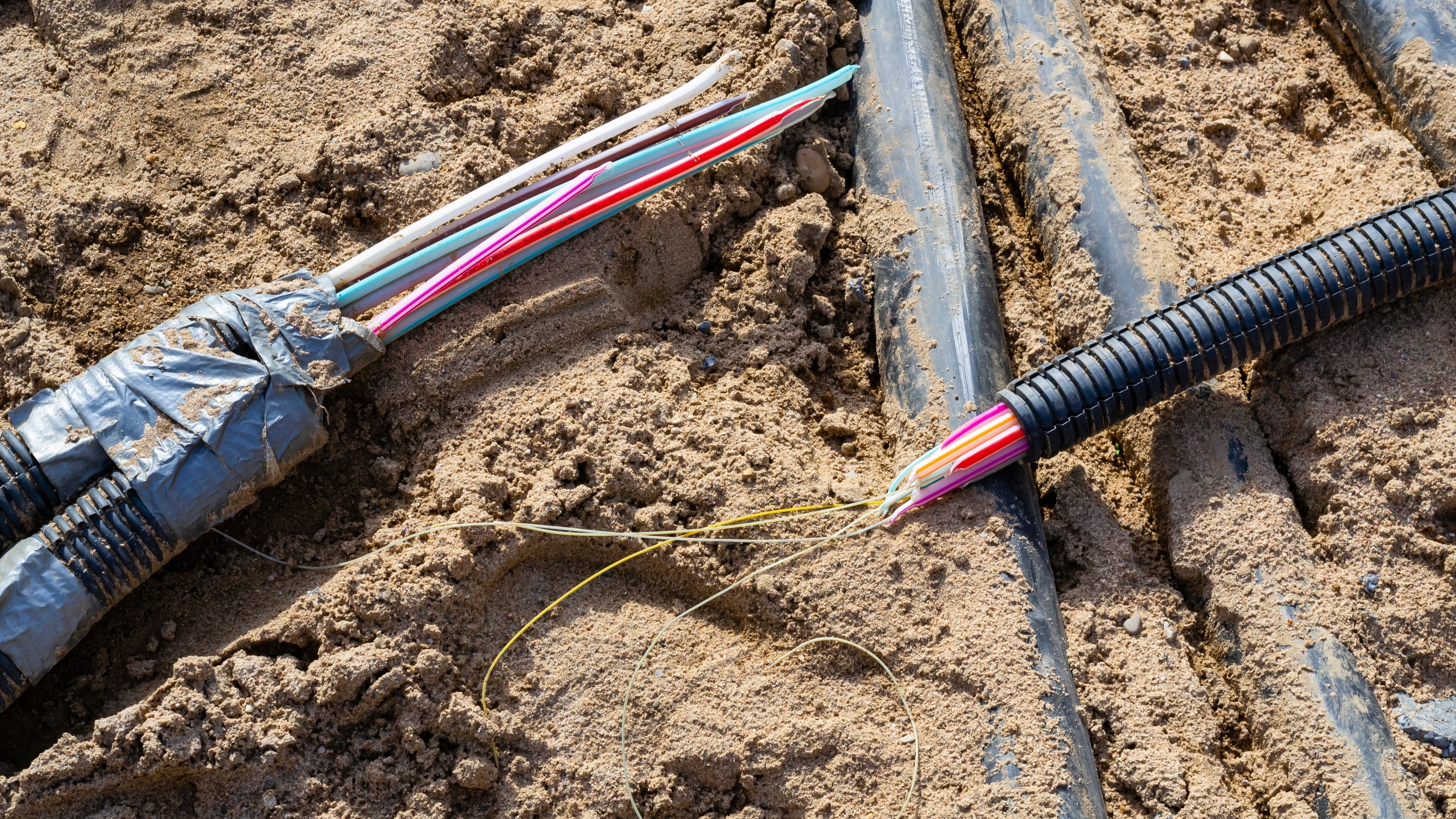
According to the Swedish paper Expressen (machine translated), two fiber optic cables operated by Global Connect between Sweden and Finland were damaged Monday morning. The Swedish Post and Telecom Authority (PTS) said that the cable breaks occurred on land in Finland. The damage affected about a hundred businesses and six thousand homes.
Swedish authorities initially suspected foul play, with the Minister of Civil Defense saying sabotage was suspected. However, Finnish police denied this, saying there was no ongoing criminal investigation regarding the cable break.
Telecom operator Elisa later announced that one of the cables was accidentally by an excavator at a construction site, with Global Connect confirming it. However, the other damaged cable is still being investigated at the time of writing, and we don’t have any news yet on what caused its disruption.
Damage to internet cables isn’t usually big news, especially if it didn’t have a significant global impact. However, two fiber optic lines were disrupted between Sweden and Finland just weeks after two undersea internet cables had been cut in the Baltic Sea. A Chinese ship is suspected of deliberately dragging its anchor while traversing the area, thus cutting the BCS East-West Interlink Cable connecting Sweden and Lithuania and the C-Lion1 traveling between Finland and Germany. NATO authorities are still investigating the previous event. Still, this news highlighted the vulnerability of communications cables and how simultaneous damage to multiple cables, deliberate or otherwise, could throw the global internet into chaos.
The Baltic Sea incident has prompted many to focus on undersea cables, like the US FCC, updating its undersea cable regulations, and Meta, planning to build its undersea cable network. However, cables are much easier to damage on land, by accident or otherwise, as they’re much more accessible. For example, in 2011, a 75-year-old Georgian woman once knocked out the internet for Armenia, Azerbaijan, and Georgia after she cut a fiber optic cable while scavenging for copper. Another recent incident was when saboteurs knocked out several fiber optic cables in France, affecting over 10,000 subscribers over six departments (the French equivalent of counties).
The internet cables between Sweden and Finland were cut by accident. Although it is still inconvenient to the affected subscribers and would have to be repaired by their owners, it’s not another suspected escalation of the ongoing tensions between Russia and NATO.
Read full post on Tom’s Hardware
Discover more from Technical Master - Gadgets Reviews, Guides and Gaming News
Subscribe to get the latest posts sent to your email.








